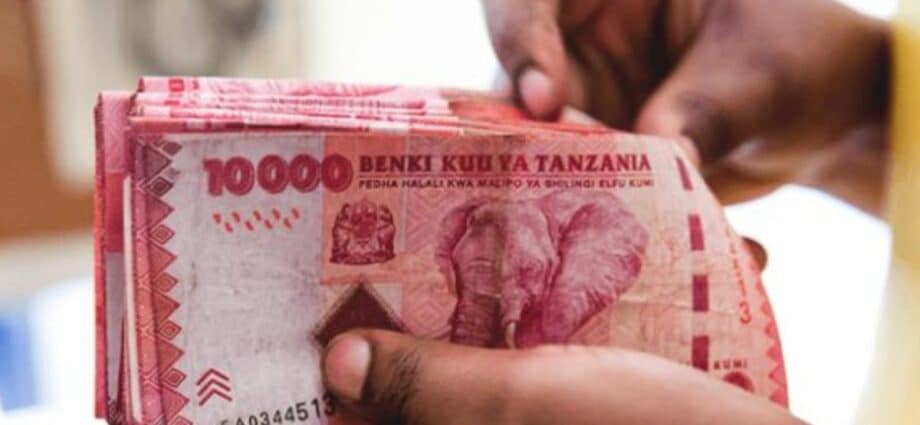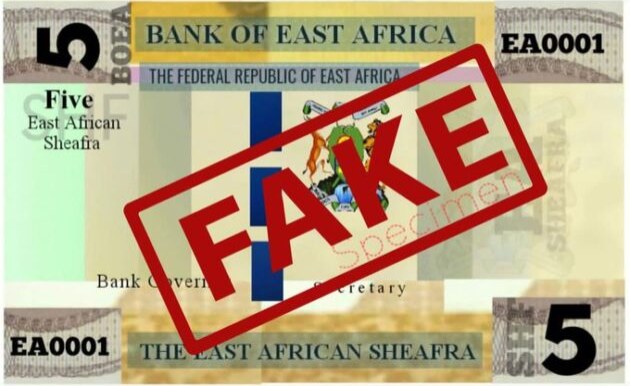
Dar es Salaam. The government is actively promoting the use of local currencies in trade within the East African Community (EAC) and with major trading partners in response to the limited supply of dollars.
The move is part of a broader strategy to reduce dependency on the US dollar, which has become increasingly scarce due to global financial market pressures.
According to a recent survey conducted by the Confederation of Tanzania Industries (CTI), companies that typically spend between $100,000 and $2 million in monthly transactions are now only able to access only about 30 percent of their dollar requirements through official channels.
Speaking during an interview with The Citizen, Industry and Trade deputy minister Exaud Kigahe said the government is committed to promoting formal exports and the use of local currencies in bilateral trade.
He said the government has been exploring alternative ways of conducting trade, particularly by entering into local currency agreements with key trading partners and cited India as an example.
“With India, we already have a trade treaty that allows transactions in local currencies and this has significantly benefited trade between our two countries,” Mr Kigahe added.
The Reserve Bank of India (RBI) last year approved a mechanism for trading in local currencies, allowing authorised banks in India to open Special Rupee Vostro Accounts (SRVA) for corresponding banks in Tanzania. This has facilitated smoother transactions between the two nations by removing the need for dollars.
According to data from the Indian High Commission in Tanzania, the two countries’ bilateral trade soared to $7.9 billion in the 2023/24 financial year, marking a 22 percent growth over the previous year.
Latest trade statistics reveal not only an increase in the volume of bilateral trade but also an improvement in the trade balance.
Tanzanian exports to India have surged by 29.5 percent, reaching $3.29 billion, thereby making India Tanzania’s largest export destination.
Mr Kigahe revealed that similar arrangements are being explored with China, one of Tanzania’s largest trading partners.
China, which accounted for $8.78 billion in trade with Tanzania in 2023, remains a critical partner in Tanzania’s trade landscape.
While a formal local currency trade agreement has not yet been reached, discussions are ongoing.
“This is one of the key areas under close review, especially following the recent visit of our President to China,” Mr Kigahe said.
In addition to local currency trade negotiations, Tanzania and China are collaborating on large-scale projects aimed at enhancing trade and reducing the need for Tanzanian traders to travel abroad.
Mr Kigahe mentioned that one such initiative is the $110 million East Africa Commercial and Logistics Centre Project in Dar es Salaam, which according to him it will allow traders to access Chinese suppliers within Tanzania, thereby reducing their reliance on dollars for procurement.
“Through this project, traders will no longer need to go to China to procure goods, as they will be able to access suppliers right here in Tanzania,” he said.
In addition to encouraging local currency use, the government is focusing on promoting local production and reducing unnecessary imports, especially in the EAC region and its member states.
According to Mr Kigahe, many products that are imported into Tanzania through EAC borders, such as candy, soap and food items, are already produced locally. However, the influx of these imports creates artificial demand for foreign currency, exacerbating the dollar shortage.
“We have been touring border regions to promote the importation of goods that we need but do not produce in Tanzania. However, we also find that products already available in the country are being imported unnecessarily, creating a demand for foreign currency that isn’t needed,” he said.
The government is urging traders to prioritise locally produced goods, and where quality issues exist, they are encouraging efforts to improve production standards rather than relying on imports.
“If locally produced goods have quality challenges, it’s better to find solutions here rather than buying products that we can produce,” Mr Kigahe said.














